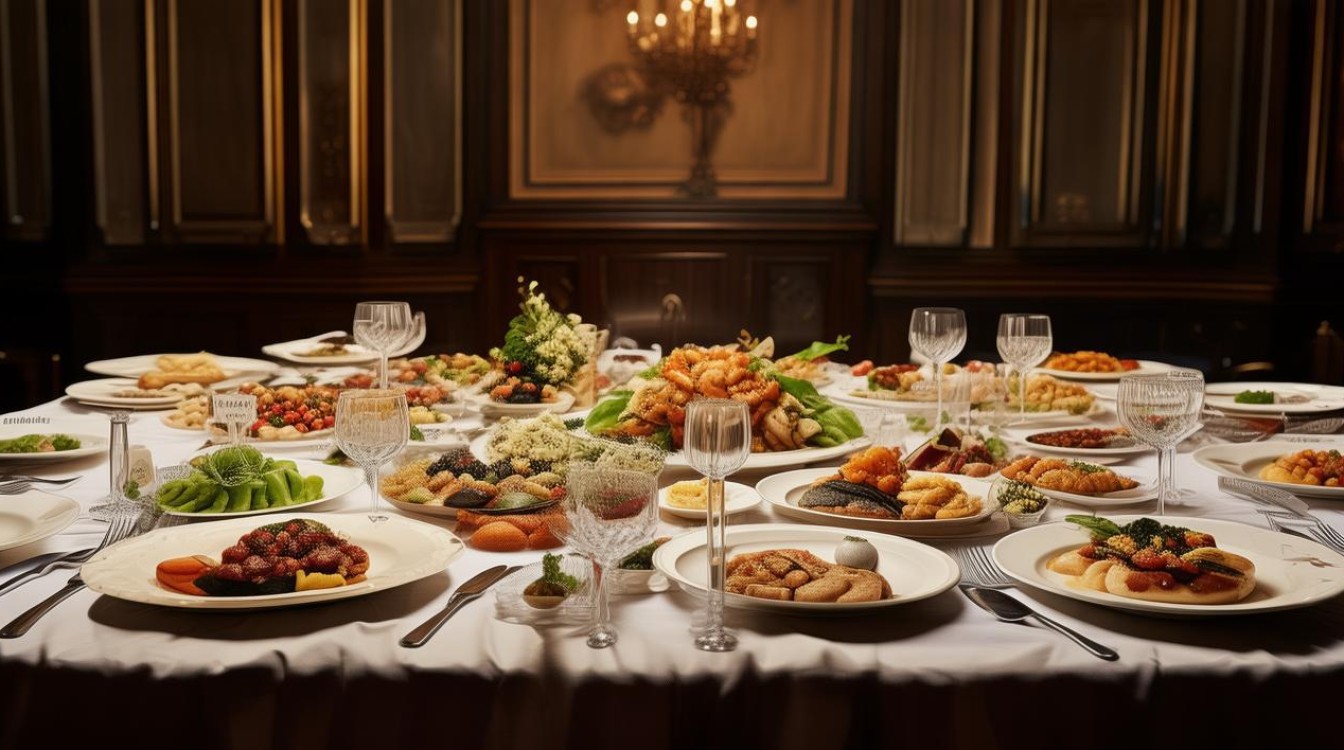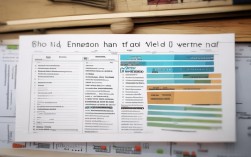When it comes to enjoying a substantial evening meal, English offers a variety of words and phrases to describe the experience. Whether you're dining out, hosting a feast, or simply indulging in a hearty meal, knowing the right terms can enhance your language skills and cultural understanding. Below, we explore the essential vocabulary related to having a big dinner, along with contextual usage and cultural insights.

Key Words for a Large Evening Meal
Dinner
The most common term for the main evening meal, "dinner" can range from a simple family meal to an elaborate multi-course feast. In some cultures, "dinner" is the largest meal of the day.
Example:
"We’re having a formal dinner with guests tonight."
Supper
While often used interchangeably with "dinner," "supper" traditionally refers to a lighter, more casual evening meal. In some regions, it’s the term for a late-night snack.
Example:
"After the party, we had a small supper before bed."
Feast
A "feast" implies a large, celebratory meal, often with an abundance of food and drinks. It’s associated with holidays, festivals, and special occasions.
Example:
"The Thanksgiving feast included turkey, stuffing, and pumpkin pie."
Banquet
A formal, large-scale meal, usually served at events like weddings, corporate gatherings, or ceremonial functions. Banquets often feature multiple courses and elaborate presentations.
Example:
"The company hosted a grand banquet for its employees."
Gourmet Meal
This refers to a high-quality, expertly prepared dinner, often featuring premium ingredients and sophisticated cooking techniques.
Example:
"The chef prepared a gourmet meal with truffles and aged wine."

Buffet
A self-service dining style where guests can choose from a variety of dishes laid out on a table. Buffets are common at parties, hotels, and large gatherings.
Example:
"The wedding reception featured a lavish buffet with international cuisines."
Family-Style Dinner
A communal meal where dishes are placed in the center of the table, and everyone serves themselves. This style promotes sharing and conversation.
Example:
"We enjoyed a family-style dinner with roasted chicken and fresh salads."
Phrases Related to Eating a Big Dinner
Dig In
An informal way to invite others to start eating enthusiastically.
Example:
"The food looks amazing—let’s dig in!"
Pig Out
A slang term for eating excessively, often in a fun or indulgent way.
Example:
"We pigged out on pizza and ice cream last night."
Three-Course Meal
A structured meal consisting of an appetizer, main course, and dessert.
Example:
"The restaurant offers a delicious three-course meal for special occasions."

Help Yourself
A polite way to encourage guests to take as much food as they’d like.
Example:
"There’s plenty of food—help yourself!"
Eat Like a King
An expression meaning to enjoy a luxurious or abundant meal.
Example:
"At the all-inclusive resort, you can eat like a king every night."
Cultural Variations in Big Dinners
Different cultures have unique traditions surrounding evening meals. Understanding these differences can enrich your vocabulary and appreciation for global dining customs.
British English: "Tea" vs. "Dinner"
In the UK, "tea" can sometimes refer to an early evening meal, while "dinner" is used for the main meal later at night. The distinction varies by region and social class.
American English: "Dinner" as the Main Meal
In the U.S., "dinner" is typically the largest meal, whether eaten in the early evening or later. "Supper" is less common and often associated with rural or older generations.
French: "Dîner"
The French "dîner" is a formal evening meal, often consisting of multiple courses, including cheese and dessert.
Italian: "Cena"
Italians enjoy "cena" later in the evening, sometimes as late as 9 or 10 PM, with a focus on fresh ingredients and leisurely dining.
How to Describe a Big Dinner in English
If you want to vividly describe a large evening meal, consider these descriptive phrases:

- "A spread of delicious dishes"
- "An extravagant culinary experience"
- "A table laden with food"
- "A mouthwatering feast"
- "A lavish dining affair"
Using these terms will make your conversations and writing more engaging.
Common Mistakes to Avoid
When talking about big dinners in English, some learners confuse similar-sounding words or misuse terms. Here are a few pitfalls to watch for:
- "Dinner" vs. "Supper" – Depending on the dialect, these may not be interchangeable.
- "Banquet" vs. "Buffet" – A banquet is a formal event, while a buffet is a serving style.
- "Feast" vs. "Gourmet Meal" – A feast is about quantity, while gourmet emphasizes quality.
By mastering these distinctions, you can communicate more precisely.
Practical Usage in Sentences
To reinforce your understanding, here are some natural-sounding sentences using big dinner vocabulary:
- "We’re hosting a banquet to celebrate our anniversary."
- "The holiday feast was so filling that I skipped dessert."
- "Let’s have a family-style dinner tonight—I’ll make lasagna."
- "The hotel’s gourmet meal was worth every penny."
- "After the buffet, no one had room for seconds."
Enhancing Your English Through Food Vocabulary
Learning food-related terms is an excellent way to expand your English skills. Since dining is a universal experience, these words are practical for travel, socializing, and professional settings.
If you’re a non-native speaker, practicing these terms in real-life conversations will boost fluency. Try describing your meals in English or reading restaurant menus to reinforce learning.
Knowing how to talk about big dinners also helps when watching movies, reading books, or engaging in cultural exchanges. Many English idioms and expressions revolve around food, making this vocabulary even more valuable.
From casual suppers to grand banquets, the English language offers a rich selection of words to describe evening meals. Whether you're writing a menu, planning an event, or simply chatting with friends, these terms will help you express yourself clearly and vividly.
The next time you sit down for a big dinner, take a moment to think about the words you’d use to describe it. With practice, you’ll find yourself speaking about food with confidence and flair.





